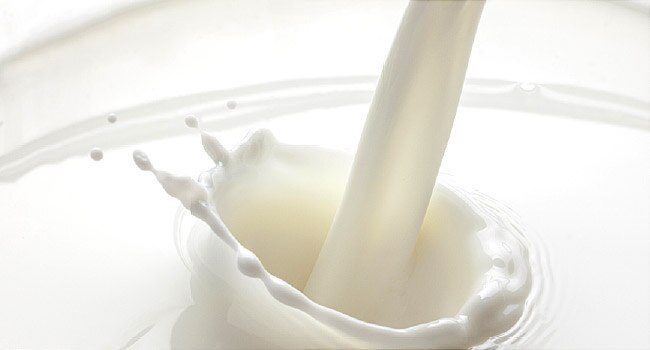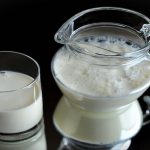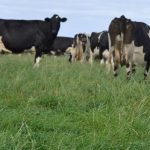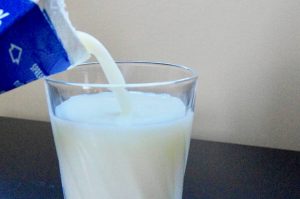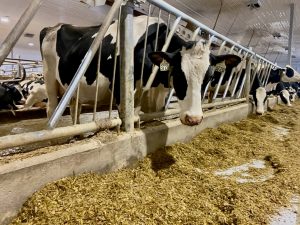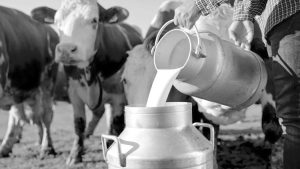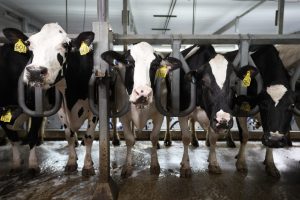
As expected for such a topic, media around the world picked it up rather quickly, with stories published in the U.K.’s Daily Mail, CTV News in Canada and ABC News in the United States.
Dairy Farmers of Canada (DFC) provided the following statement from Isabelle Neiderer, DFC’s nutrition and research director, to several media outlets: “We are aware of a new study looking at the associations between dairy consumption and breast cancer risk. DFC is concerned the findings of this research study could be misleading.”
DFC also cited evidence from a study by the World Cancer Research Fund International, considered the authority on diet, weight, physical activity and cancer risk, which suggests total dairy product consumption is either not associated with risk of breast cancer or may reduce the risk of breast cancer. Milk is specifically not associated with risk in both pre and post-menopausal women;
The International Dairy Federation (IDF), which represents the global dairy sector and ensures the best scientific expertise is used to support high-quality milk and nutritious, safe and sustainable dairy products, states research generally does not support a strong association between consumption of milk or dairy products and breast cancer risk, although further research is needed;
DFC also cited a 2016 study by researcher Jing Wu and his colleagues’ revealed risk of breast cancer decreased by four per cent with skim milk intake. Yogurt and low-fat dairy consumption have also been associated with a reduced risk of breast cancer (Zhang et al 2015).
Dairy Farmers of Ontario (DFO) does not support the findings of the study. DFO strongly supports educating Canadians on dairy’s contributions to a healthy and sustainable diet using all available scientific evidence to support those claims, and will continue educating the public about dairy’s benefits via community-based programs and events, and through various advocacy efforts and initiatives.
